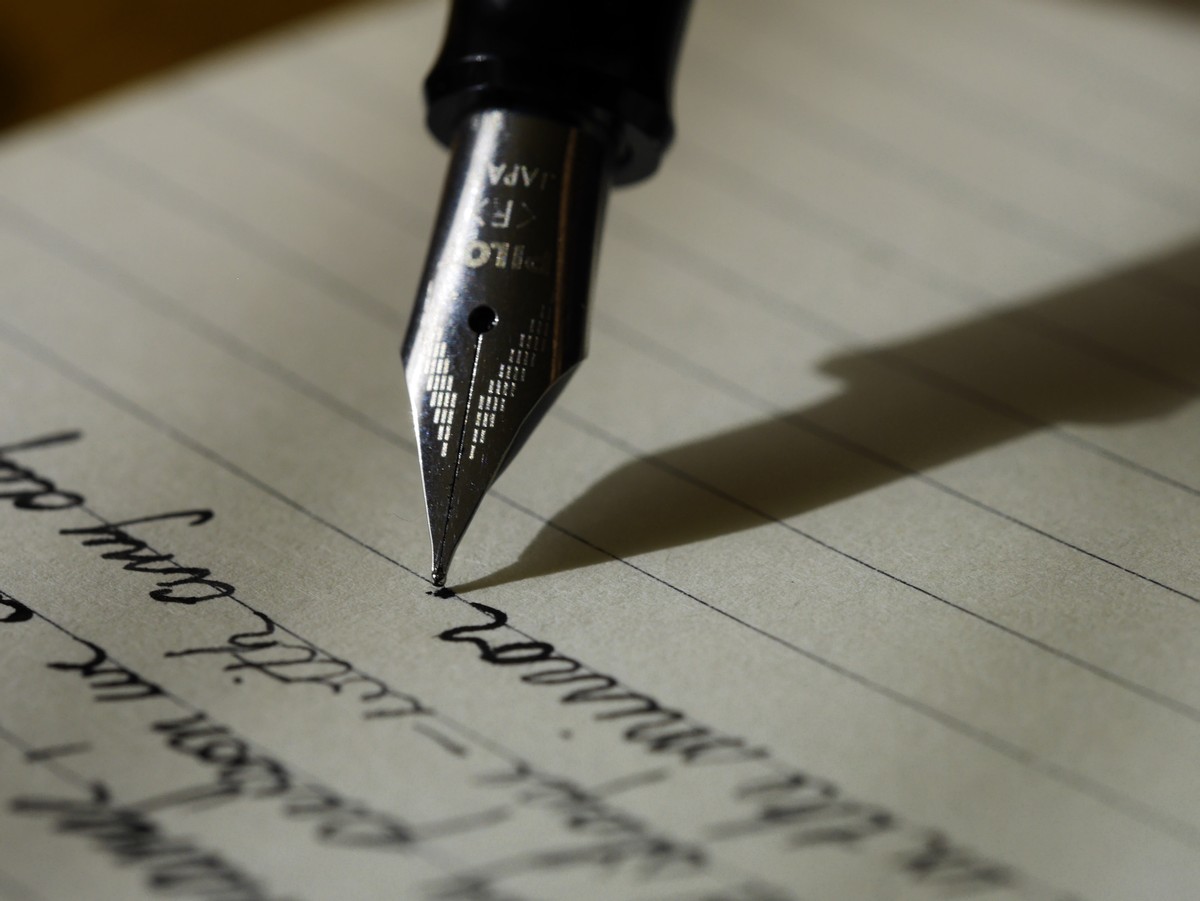
Osiyo nigada! (Hello everyone, in Cherokee; pronounced: oh-see-yo knee-gah-dah) Yes, it's not Mandarin but it is a syllabary. I just can't figure out how to get the keyboard for the syllabary to work on my laptop. (I'll see if I can fix that before my next post.)
This is a children's book that I'm reading. It covers the seasons in Cherokee, and has them both phonetically (as I've done here) and in syllabary. Then it explains the culture of each season in English.
I have to say that it's not as much Cherokee as I was hoping, but on the other hand, I have two different Cherokee dictionaries . . . one that is primarily phrases and typical short sentences . . . so I'm going to use this as a stepping stone and see if I can figure out how to say the English part in Cherokee.
I did just pass Cherokee 3, which doesn't make me fluent at all . . . it was translating syllabary into English . . . but I got much better at the syllabary, and as any of you doing this book club edition in Mandarin will know, being able to see the characters and know the sounds that go with them without having to look it up, is huge.
My next post will include a photo of the book cover, and I'll divide the number of pages by the weeks we have left, and see what sentences I can come up with in syllabary (and phonetically) for those pages. Maybe this is what I need to get more than the basic phrases ingrained into my head. My vocabulary retention is not the best, here, and I don't know if not being as good at the syllabary until now, was a factor.
If anyone knows of any other children's books in Cherokee, please give me a heads up! Wado, ginali. (Thank you, friend; pronounced: wah-doe gee-nah-lee.)
Hi ProfDiana!
It's so interesting to see you learning an indigenous language! As my mother tongue isn't English, I have some issues reading the way you presented the pronunciation because I tend to pronounce them in German rather than English. That's why I like to represent the pronunciation of languages and dialects with the International Phonetic Alphabet (IPA).
But other than that I really liked your text and think that it's an interesting attempt to translate the English parts of your book into Cherokee! I hope you're going to enjoy doing it!
That's wonderful that you are learning Cherokee! The YouTube channel "Cherokee Nation" does have a few children's stories in video format. They are told in Cherokee with English subtitles, but unfortunately not with Cherokee subtitles. Here is the link to the first video: https://www.youtube.com/watch?v=UM_84WlnYOs
@LindasLinguas, even though my mom's family is Cherokee (and lost their language, which is a different and slightly long story on why), I am syllabary deficient. My second language is/was German (I'm very rusty on it, but used to be fluent). I need to see if that's a /d/ or a /t/. I also have a linguistics degree, but barely grasped the basics of IPA because the syllable characters aren't distinct enough for me. If that makes sense? They're a bit too like script handwriting (I can't read Fraktur type, either). Usually, when you see Cherokee spelled out phonetically, such as wado (thank you), it's written: wa-do (to show where the break in the tones are), but since North American English speakers could think that second syllable was pronounced "do" (as in "Do your chores), that's why I wrote it out as "doe" (like the deer). I hope that helps explain it a bit further, and I'm all for the push to teach kids the IPA before we teach them to read (although academia is resisting that; hopefully it gains traction). Vielen Dank! Tschüss!
@nomadicvegan, Yes, I've used the recorded lessons of Ed Fields' sometimes when the website has been down and I couldn't access them there (the vocabulary for each lesson is the same, although he presents it differently for each cohort, to meet their questions, etc.) There's a really good one there for learning the syllables that have pictures . . . like a doctor using a tongue depressor for the way to say the syllable D. I'm sure they have some books for their immersion school . . . I should ask. I know our At-Large Council Member (she used to be head of the Cherokee History Office) and our head of the Culture and Heritage Office. Those are resources they really do need to get out to the Cherokees at-large, to help ensure the survival of the language. I know Alice (I'm drawing a blank on her last name but she teaches the advanced class, beyond what Ed Fields does) just encourages learners to write their own stories, in order to ingrain a working knowledge of the language. (The problem there, is there are 7 different verb declensions and they can get a bit confusing.) . . . I'll have to check out that video, and see if it's one of the ones I'm remembering. I could stop and start it, and write that out myself. Wado (thank you) for your suggestion.